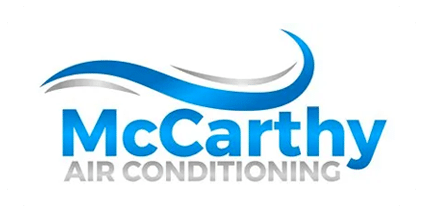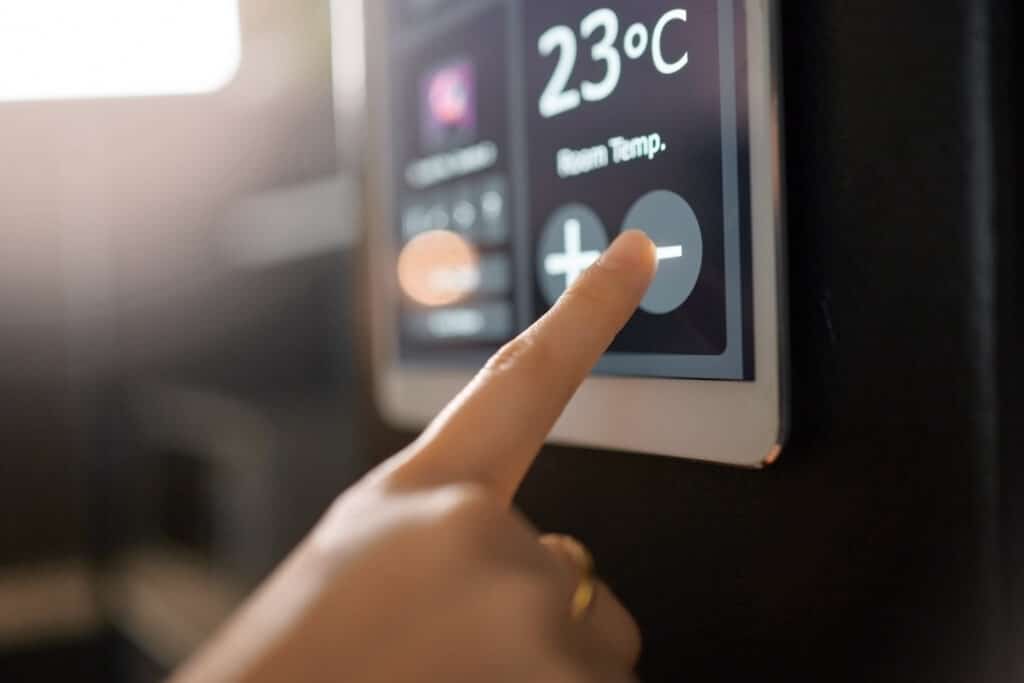Choosing the right HVAC system for your home is crucial for comfort and efficiency. With so many options available, it might seem overwhelming at first. However, understanding your specific needs can make the decision easier and smarter.
Knowing what types of HVAC systems are out there and how they match your home’s requirements helps you make an informed choice. From energy efficiency to budget considerations, each aspect contributes to finding the right system that keeps your home comfortable while remaining economical over time.
Assessing Your Home’s Needs
When selecting an HVAC system, understanding your home’s specific needs is crucial. Several factors play an important role in finding a system that keeps your home comfortable and efficient throughout the year. One of the primary considerations is the size of your home. Larger homes typically require more powerful systems to effectively heat or cool the entire space, while smaller homes can manage with less robust units.
Insulation quality is another significant factor. Well-insulated homes retain both heat and cool air more effectively, which allows for the use of smaller, more energy-efficient systems. On the flip side, homes with poor insulation might need a more powerful system to maintain a comfortable climate.
Additionally, the local climate where you live heavily influences the type of HVAC system best suited for your needs. For instance, homes in hot and humid areas, like Southwest Florida, require systems capable of dealing with extended cooling periods. Evaluating these factors thoroughly ensures you choose an HVAC system aligned with your comfort and efficiency goals.
Comparing HVAC System Types
There are several types of HVAC systems to consider, each with unique advantages and disadvantages. Central air systems are popular for their ability to distribute conditioned air evenly throughout the home using a network of ducts. They are highly effective for larger homes, although installation and maintenance can be costly.
Ductless systems are an alternative that provides flexibility. They consist of an outdoor unit and one or more indoor units, which makes them great for homes without existing ductwork. They are efficient and allow for individual room temperature controls, but they might not be ideal for larger spaces if uniform temperature control is desired.
Heat pumps are versatile options capable of providing both heating and cooling. These systems transfer heat from the outside air or ground into the home. They are energy efficient and work well in mild climates, but their performance may decrease in extreme temperatures.
Considering the benefits and potential drawbacks of each system type helps guide homeowners to an informed decision, ensuring the chosen system aligns well with their preferences and home’s layout.
Energy Efficiency Considerations
When choosing an HVAC system, energy efficiency should be a top priority. One of the essential measures of efficiency is the SEER rating, which stands for Seasonal Energy Efficiency Ratio. Higher SEER ratings indicate more efficient systems that consume less energy to produce the same cooling power. This makes them not just environmentally friendly but highly cost-effective over time.
Investing in an energy-efficient HVAC system can lead to significant savings on utility bills. Modern systems are designed with advanced technology to use less energy, which helps reduce overall household expenses. Alongside SEER ratings, look for models that comply with ENERGY STAR guidelines, as these systems meet strict energy efficiency criteria set by the government.
Energy-efficient systems not only help decrease your carbon footprint but also enhance indoor comfort. They maintain consistent temperatures while operating more quietly than older models. The initial investment in an efficient system may be higher, but the reduced energy costs and long-term savings make it a worthwhile choice.
Budget and Long-Term Costs
Budgeting for a new HVAC system involves looking at both the initial cost and the long-term expenses. Initial costs can vary depending on the system size, type, and features, so it’s important to choose a model that fits both your home’s needs and your financial plans.
While the upfront price is a factor, consider the long-term savings offered by efficient models. Energy-efficient systems tend to have higher initial prices but save money on energy bills over time. Evaluating your budget against potential cost savings helps ensure a balanced and informed purchase decision.
Maintenance requirements should also be part of your cost considerations. Efficient systems often require less frequent repairs and are built with parts designed to last longer. Also, check warranty options, as a good warranty can save considerable money on unexpected repairs.
Conclusion
Choosing the right HVAC system for your home involves balancing multiple factors, from understanding your home’s needs to considering system types and their efficiencies. Prioritizing energy efficiency and evaluating long-term costs are crucial steps in making a decision that enhances comfort while offering financial savings.
For expert advice and HVAC installation services in Fort Myers, McCarthy Air Conditioning has got you covered. We offer professional solutions tailored specifically to your home’s unique needs, ensuring you enjoy the perfect blend of comfort and efficiency. Contact us today to get started on upgrading to the ideal HVAC system for your home.




